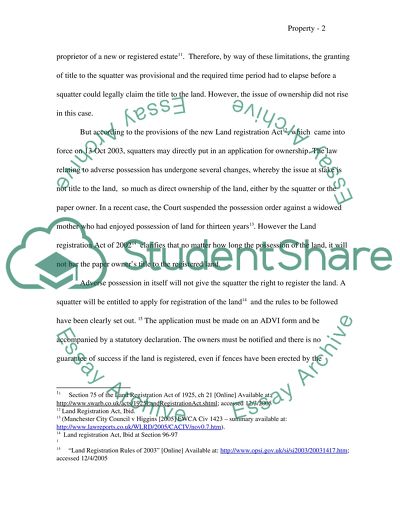Cite this document
(Property Law and Acknowledgement of True Ownership Assignment - 1, n.d.)
Property Law and Acknowledgement of True Ownership Assignment - 1. Retrieved from https://studentshare.org/law/1535481-property-law
Property Law and Acknowledgement of True Ownership Assignment - 1. Retrieved from https://studentshare.org/law/1535481-property-law
(Property Law and Acknowledgement of True Ownership Assignment - 1)
Property Law and Acknowledgement of True Ownership Assignment - 1. https://studentshare.org/law/1535481-property-law.
Property Law and Acknowledgement of True Ownership Assignment - 1. https://studentshare.org/law/1535481-property-law.
“Property Law and Acknowledgement of True Ownership Assignment - 1”. https://studentshare.org/law/1535481-property-law.


